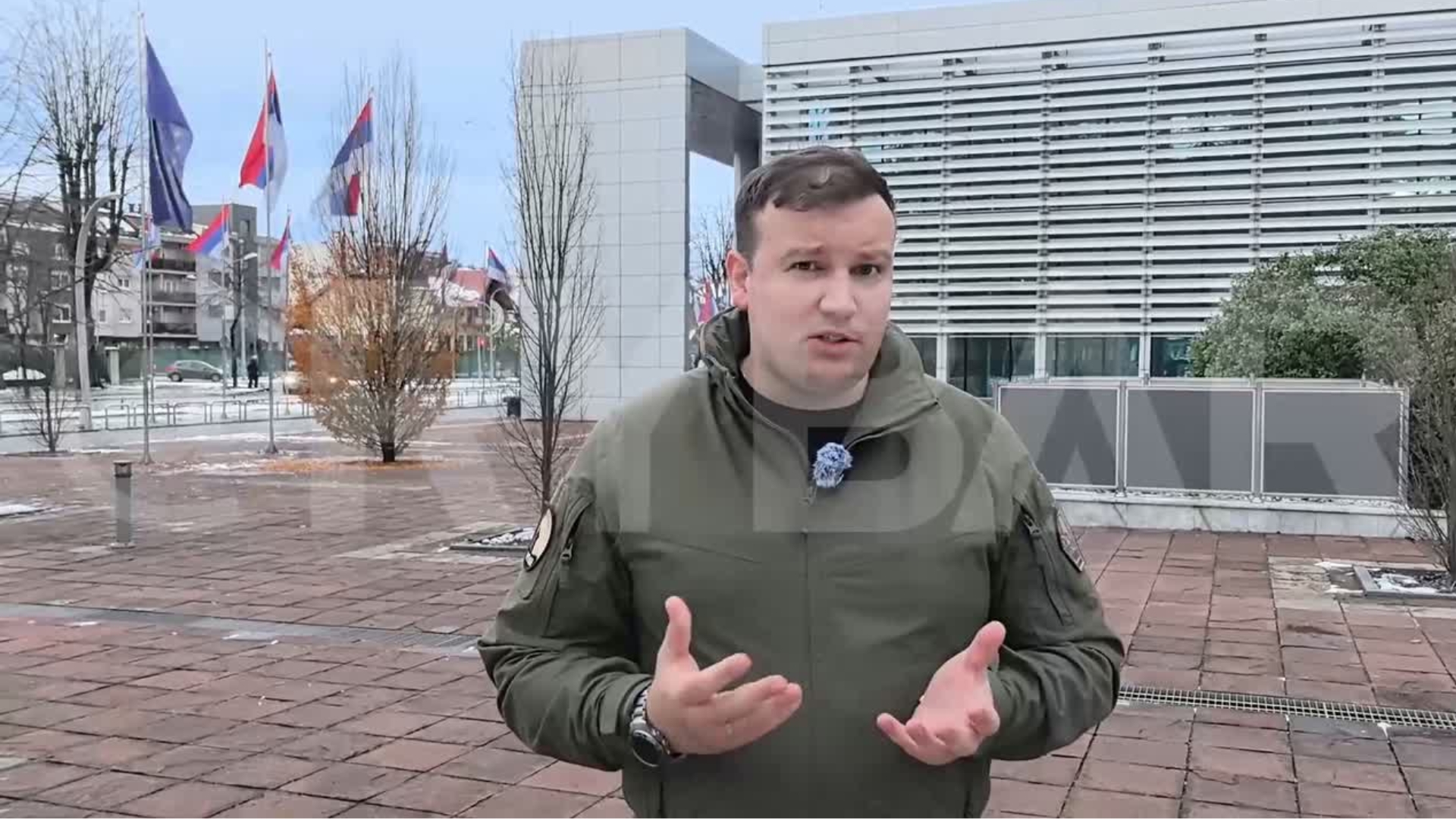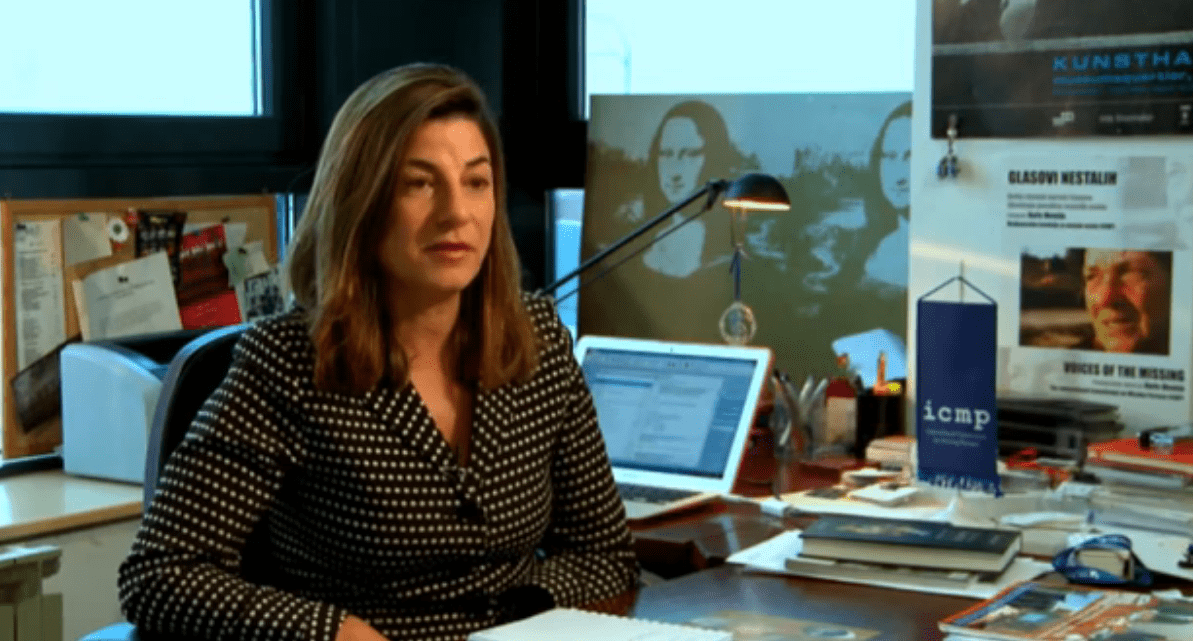This post is also available in: Bosnian
The meeting participants concluded that journalists, who follow war crimes trials, as well as other trials, should be trained, while judicial institutions should try to open themselves to public as much as possible, giving the public an opportunity to understand what they were doing.
Besides by responding to journalists’ questions, the judicial institutions can open themselves to general public by issuing announcement when there is a need for that, regularly updating their web pages and holding press briefings.
The Cantonal Court of Una-Sana Canton, USC, pointed out that it did not have a spokesperson, but an expert associate, who was trying to respond to journalists’ questions, adding that they had not issued media announcements in the past.
“The electronic media often have a possibility to record the beginning of trials held before the Cantonal Court in Bihac and obtain audio recordings made during the trials. However, the lack of space is a big problems for us, because everybody has to go through the same corridor. We do not have space for journalists. The security conditions are questionable as well,” said Edina Arnautovic, President of the Cantonal Court in Bihac.
Jasmin Mesic, Chief Prosecutor of USC Prosecution, said that they had recognize the importance of opening towards the media and establishing cooperation between the media and judicial institutions, considering the high number of injured parties in war crimes trials.
The media representatives said that they were trying to “cover all war crimes trials held before the Bihac Court”, but, due to insufficient training, they often made mistakes without even being aware of them.
Defence attorneys, who represent indictees at war crimes trials held in Bihac, pointed out that their communication with the media was unsatisfactory, because, in many cases journalists had not been sufficiently trained, so, most often they did not convey their words properly.
“Journalists are rather objective when they make reports about the beginning of trials, but they make huge mistakes when reporting about arrests. Our clients suffer big damage from that,” said Defence attorney Hasan Veladzic.
On the other hand, the journalists say that they cannot be blamed for everything, adding that they were often deprived of information from defence attorneys, particularly the ex-officio attorneys coming from other parts of Bosnia and Herzegovina.
Mirela Hukovic-Hodzic, journalist with BH Radio 1, who represented AIS at this meeting, explained to the journalists what they should bear in mind when reporting on court processes.
The participants concluded that an educational workshop should be held within the next six months with the aim of achieving better transparency of judicial institutions and responsibility of the media.
Following the meeting, BIRN and AIS representatives were featured on RTV Bihac, where they discussed the reporting by the media and the extent to which USC judicial institutions were open for collaboration.

